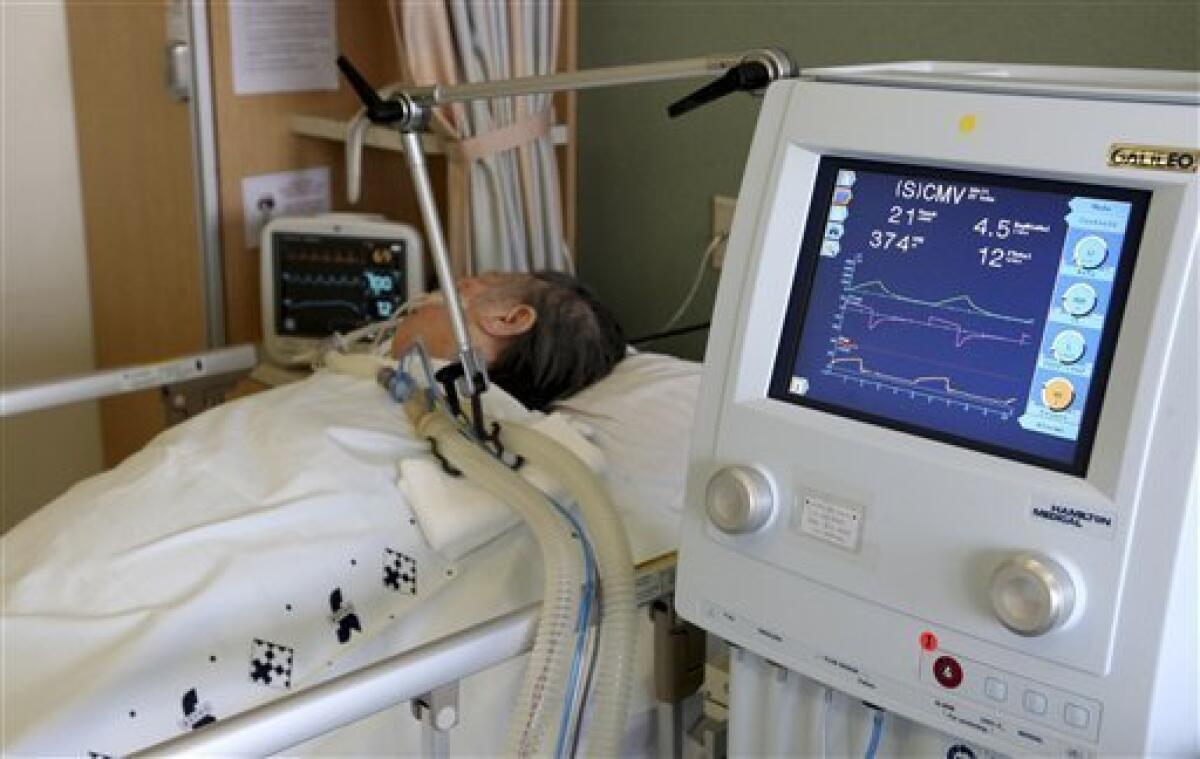SKorean comatose patient taken off life support

Doctors removed life support from a comatose patient Tuesday following a landmark right-to-die court ruling seen as heralding a shift in South Korean attitudes on death.
The Supreme Court last month ordered doctors to take the 76-year-old patient off her respirator, saying continuing medical treatment on patients with no chance of revival can “tarnish people’s dignity.” She had been in a vegetative state since suffering brain damage in February 2008.
Her family had filed a lawsuit after doctors refused to end her life. Her children claimed their mother had always opposed keeping people alive on machines when there was no chance of revival.
On Tuesday, doctors at Seoul’s Severance Hospital removed the respirator from her, a hospital official said. The hospital planned to hold a news conference after she is pronounced dead, the official said on condition of anonymity because he is not authorized to speak on the record.
Also attending the procedure were family members and two judges, he said.
Societal mores and laws in South Korea have largely been shaped by Confucian ideals that call for preserving and honoring the body. As recently as 2004, two doctors who took a severely brain damaged patient off life support were convicted of “abetting murder” and received suspended prison terms.
But public sentiment has shifted in recent years; a 2008 survey indicated a majority of South Koreans favor stopping life support for the terminally ill.
Following last month’s verdict, Christian groups voiced concern that it could lead to perceptions belittling human lives for economic reasons and other burdens.
According to a 2005 census, about 53 percent of South Koreans said they practiced religion, with 55 percent of them Protestant or Catholic Christians and 43 percent Buddhists.